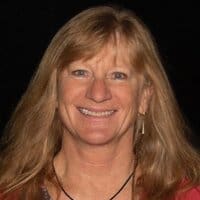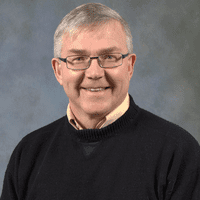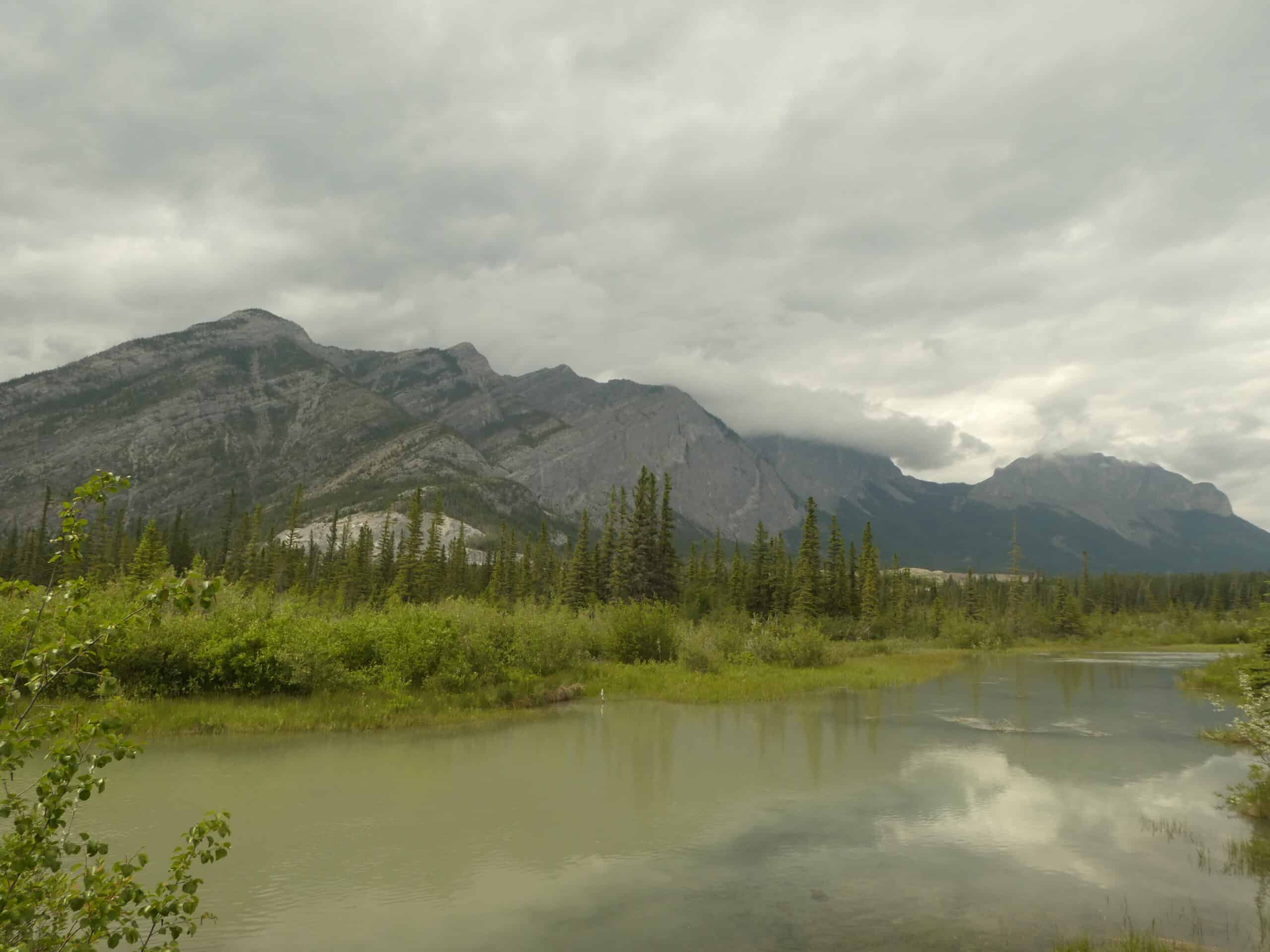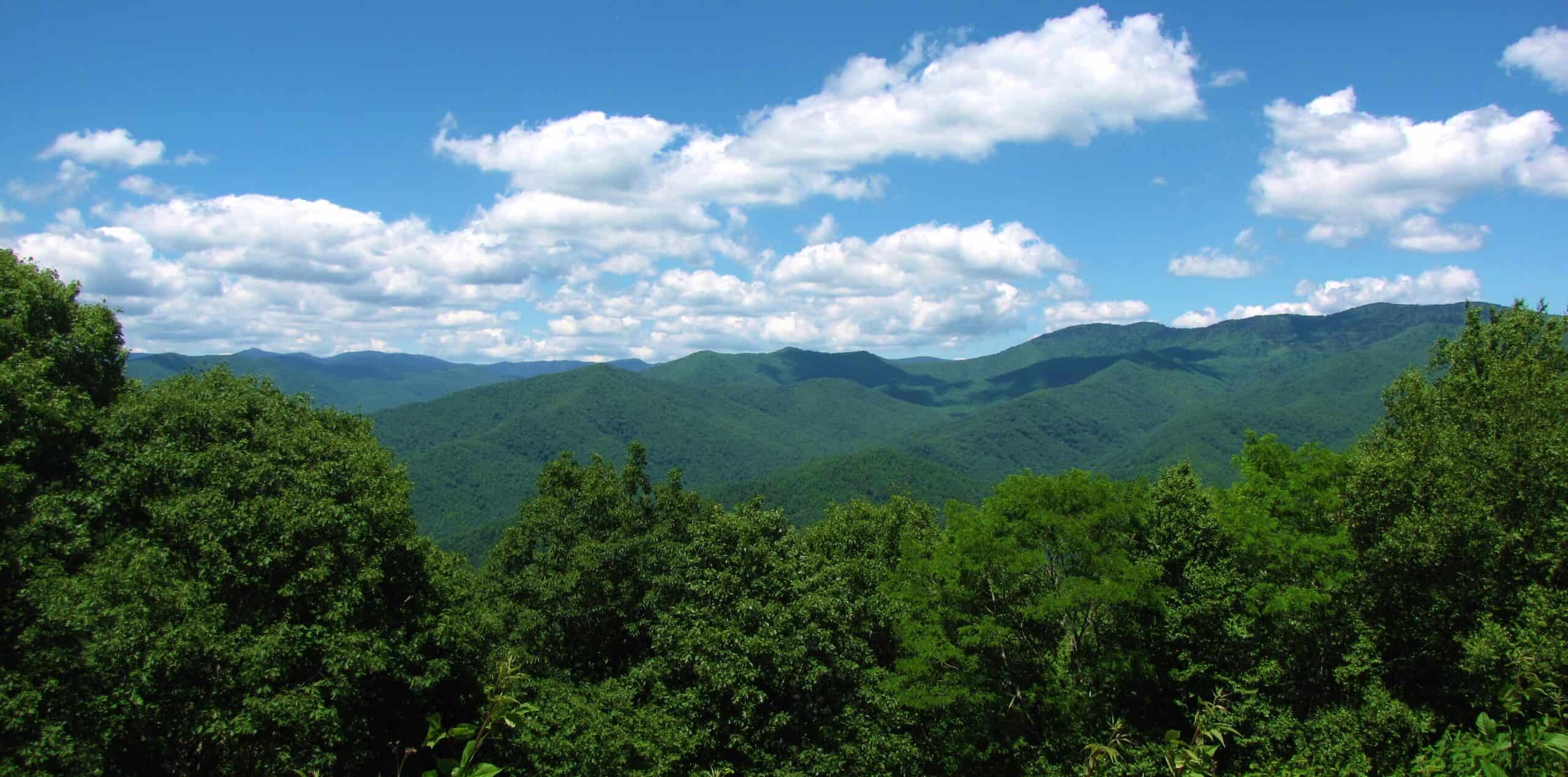Share this article
2023 TWS Elections: Central Mountains and Plains Representative
This year’s nominees for CMP Representative to TWS Council are Andrea Orabona and Terry Messmer
The Wildlife Society is led by an elected Council composed of a president, president elect, vice president, immediate past president, and eight representatives (one from each identified voting district).
The ballot for The Wildlife Society’s 2023 elections includes nominees for the position representing the Central Mountains and Plains voting district. TWS Council representatives serve a three-year term, and can serve up to two consecutive terms.
Additional nominees for this position may be submitted to the CEO by any voting member in good standing, if supported in writing by at least 5% of active members (approximately 550 individuals). The deadline for additional nominations is May 14, 2023.
Electronic ballots will be sent June 1 to all active members with an email address. Members without an email address will receive a paper ballot in the mail. Voting will close June 30. Mailed paper ballots must be postmarked on or before June 30. In accordance with TWS’ Bylaws, newly elected council members are scheduled to be installed at the next regular meeting of Council during the 30th Annual Conference, Nov. 5 to 9, in Louisville, Kentucky.
The candidates’ statements expressing their vision for The Wildlife Society and their interest in running for this Council position are below.
NOMINEES FOR THE WILDLIFE SOCIETY CENTRAL MOUNTAINS AND PLAINS REPRESENTATIVE
Andrea C. Orabona

My involvement with The Wildlife Society began as an undergraduate at Colorado State University, thanks to several mentors who introduced me to our professional organization. That positive TWS experience at the Student Chapter level led to a decades-long and continuing involvement with the Wyoming State Chapter. From there, I learned the value of serving and remaining engaged through the Central Mountains and Plains Section and on The Wildlife Society Council as a CMP Section voting district representative. Although the first half of my term on Council was virtual, I have learned so much about how TWS operates, and I am pleased to see that science, education and members continually remain at the forefront. It has been an honor getting to know and sharing ideas with TWS staff and other Council members. Please know that I am committed to TWS and sincerely wish to use the knowledge gained from my first term to continue to be a steadfast voice for wildlife conservation by serving our CMPS members for a second term on TWS Council. Meanwhile, as I complete the current term, please remember that I am here for you, I am open to conversations, and I hope to see many of you in-person at upcoming conferences!
Read Andrea C. Orabona’s complete biographical sketch here.
Terry A. Messmer
UPDATE MAY 2023: Candidate has withdrawn his nomination and will no longer appear on the 2023 ballot

In his book “Politics Western Style,” Governor Cecil Andrus shared guiding principles of governance: 1) always tell the truth, and 2) before you make a policy decision, understand how that decision will affect those who have the least access to the decision process. I embraced this philosophy as we sought to integrate communities into natural resources management. Ultimately, the power to make management policy decisions is the responsibility of government. To achieve conservation, stakeholder access to the policy process and good science are essential.
When there is controversy regarding what constitutes natural resources management, there are often inherent and deep differences in stakeholder values. The typical response of the scientific community to mitigate controversy has been, “we need more science.” However, more science may only increase the polarization. Achieving organizations, such as TWS, can only succeed by increasing stakeholder responsibility. Stakeholders are asked to define their contributions. In doing so, TWS has focused to developing competencies of empathy, respect and adaptation to change; without change there can be no progress.
In achieving organizations, the partners assume the risks; financial, policy, relationships and otherwise. My principles of shared governance include: 1) leadership engaged at multiple levels, 2) a bottom-up hierarchy, 3) building a history of collaboration, 4) learning by doing, 5) science-based approaches, 6) operating at meaningful spatial scales, 7) being solution-minded, not problem-focused, and 8) unselfish sharing of resources. Thank you for the opportunity to share my personal and professional perspectives in consideration as your TWS Council representative.
Header Image: Credit: Trailsource.com








